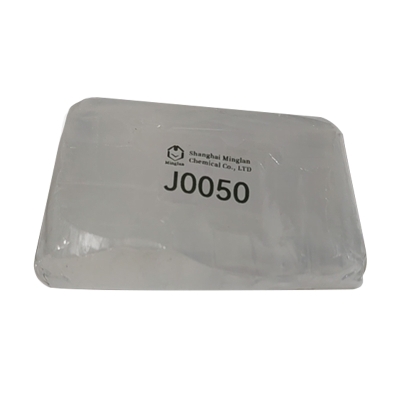-
Categories
-
Pharmaceutical Intermediates
-
Active Pharmaceutical Ingredients
-
Food Additives
- Industrial Coatings
- Agrochemicals
- Dyes and Pigments
- Surfactant
- Flavors and Fragrances
- Chemical Reagents
- Catalyst and Auxiliary
- Natural Products
- Inorganic Chemistry
-
Organic Chemistry
-
Biochemical Engineering
- Analytical Chemistry
-
Cosmetic Ingredient
- Water Treatment Chemical
-
Pharmaceutical Intermediates
Promotion
ECHEMI Mall
Wholesale
Weekly Price
Exhibition
News
-
Trade Service
On Monday (November 1), U.
S.
oil rose $0.
27, or 0.
32%, to close at $83.
84 per barrel
.
Brent oil rose $0.
8, or 0.
95 percent, to close at $84.
52 a barrel
.
Earlier, oil prices soared on expectations of strong demand and the belief that the OPEC+ alliance of the Organization of the Petroleum Exporting Countries (OPEC) and its allies would not increase production too quickly
.
U.
S.
oil gave up some of its intraday gains as inventories at the largest U.
S.
warehousing center increased
.
Rebecca Babin, senior energy trader at CIBC Private Wealth Management, said any reversal of the downward trend in Cushing inventories should at least quell panic about inventories
.
Oil prices rose to multi-year highs last week, helped by a post-Covid demand rebound and OPEC+'s insistence on a gradual 400,000 b/d production increase despite calls from major consumers to increase oil production
.
OPEC's October oil production growth was slower than planned in the OPEC+ deal, with involuntary shutdowns by some smaller producers offsetting increased supplies from Saudi Arabia and Iraq
, according to a survey released Monday.
Kuwait's oil minister, Mohammad Abdulatif al-Fares, said on Monday that Kuwait supports plans to increase global oil supplies that OPEC+, a group of OPEC and its allies
, has agreed to, KUNA.
It follows similar statements by other leading members, including Iraq, Algeria, Angola and Nigeria
.
A growing number of OPEC+ members have rejected US President Joe Biden's call
for him to increase production faster and help lower gasoline prices.
Kuwait said on Monday that the oil market was very balanced and OPEC+ should stick to its plan
to gradually increase production.
It follows similar statements
by other leading members, including Iraq, Algeria, Angola and Nigeria.
OPEC+, led by Saudi Arabia and Russia, will meet on Thursday amid mounting pressure from oil consumers as oil prices have breached $
85 a barrel.
U.
S.
gasoline prices are at a 7-year high, reaching $
3.
70 a gallon.
The United States, India, Japan and other countries are launching a campaign to force OPEC+ to lift last year's pandemic-induced supply restrictions
more quickly.
Biden said Sunday that if Russia, Saudi Arabia and other major oil producers do not increase production, people will not have gasoline to commute
.
While Biden declined to say how he would react if OPEC+ did not change its stance, analysts speculated that the U.
S.
could sell some of the Strategic Petroleum Reserve
.
Saudi Arabia, OPEC's heavyweight member, has dismissed calls for the group to increase oil supplies, saying the oil market is
well supplied.
"In addition to the possibility that the market may return to oversupply next year, another factor holding back the group's increase in production is uncertainty about whether and when Iran will resume supply
," ING said on Monday.
”
Bank of America expects Brent crude prices to hit $
120 per barrel by the end of June 2022.
Bank of America analysts such as Francisco Blanch said an energy crisis sent global gas and coal prices soaring, driving benchmark London and New York crude futures to rebound
.
Oil prices are fast approaching $100 a barrel
as demand exceeds supply and a slowdown in climate-induced investment in new resources could deplete reserves, oil traders said.
Analysts wrote that a surge in gasoline demand and a rebound in middle distillates such as diesel and jet fuel, combined with refinery capacity constraints, could accelerate oil price gains through 2022
.
(U.
S.
oil hourly chart)







